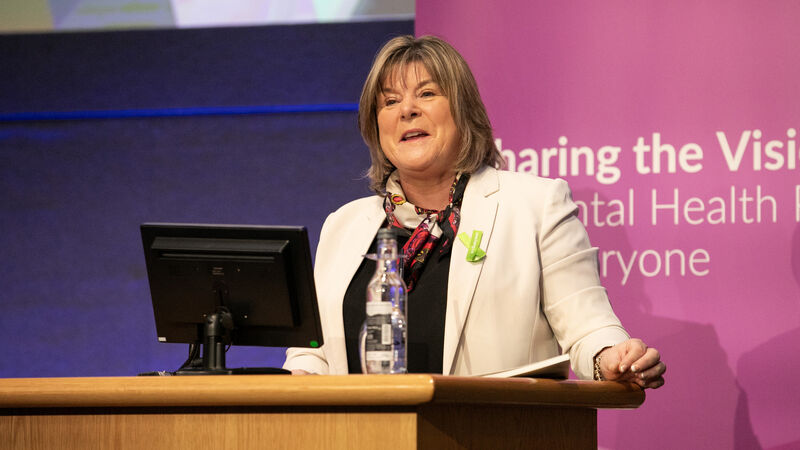Advocates call for 'key changes' to Mental Health Bill to protect the 'rights and dignity' of patients

Minister of state for mental health Mary Butler described the bill as the 'most comprehensive overhaul of mental health laws in 20 years'. File picture: Gareth Chaney/Collins
It is not too late to make changes to the Mental Health Bill and offer better dignity to people with mental illnesses, advocates and legal experts have urged.
The bill has now concluded final stages in the Dáil and goes before the Seanad in the autumn.










